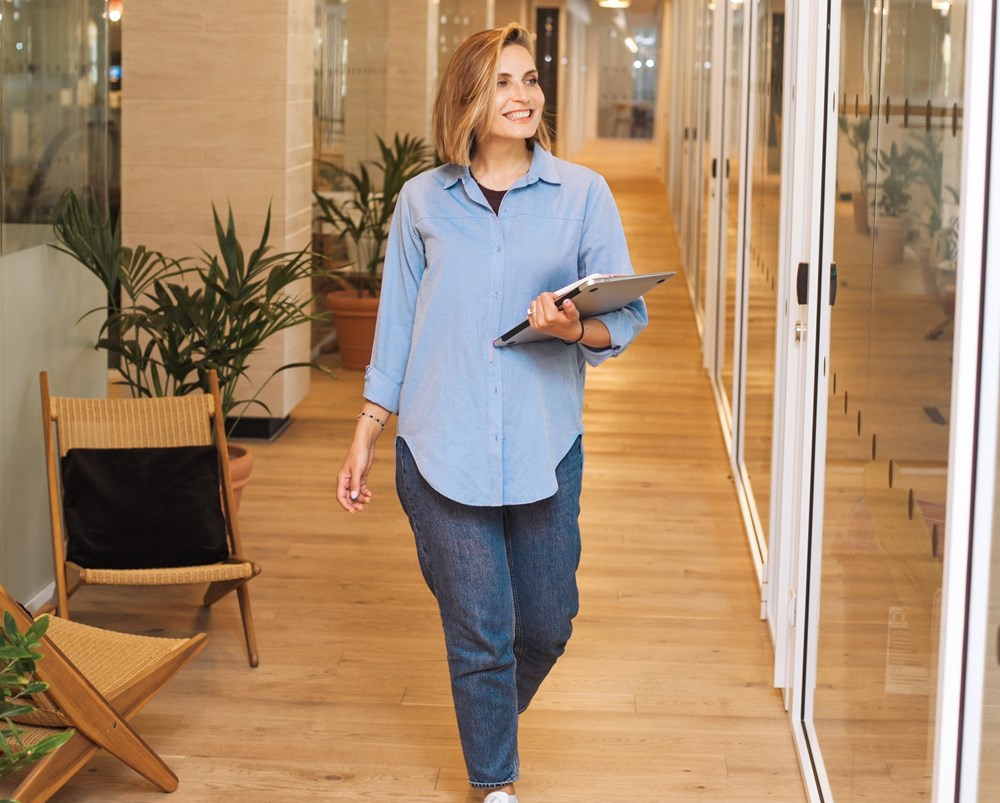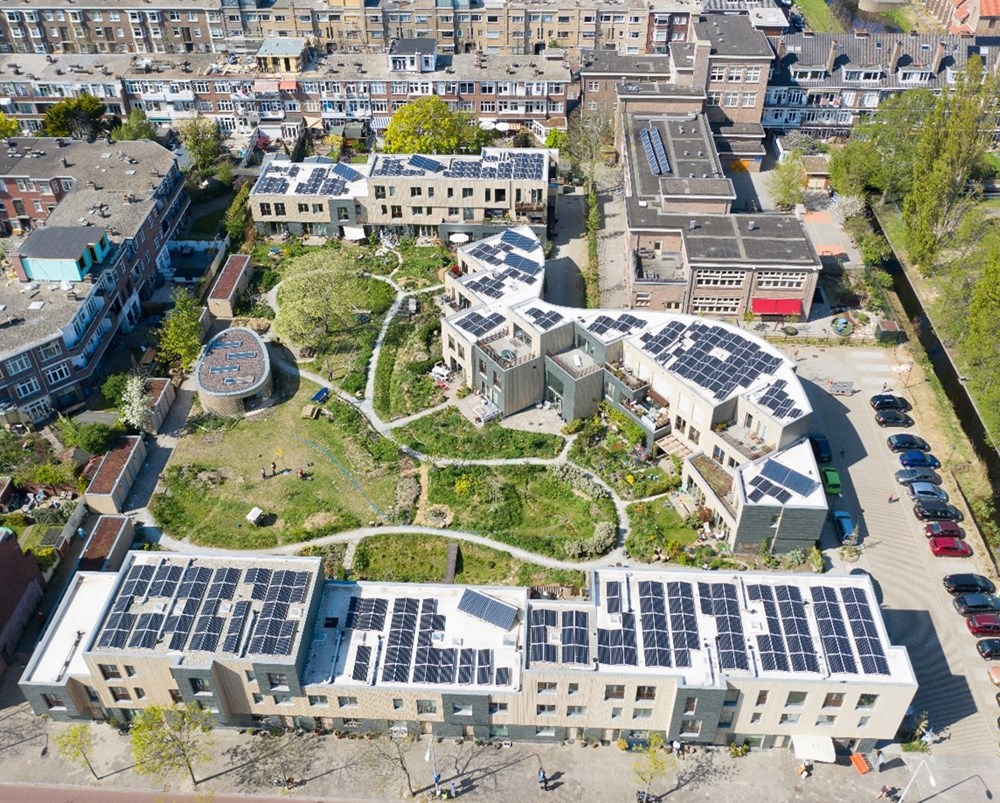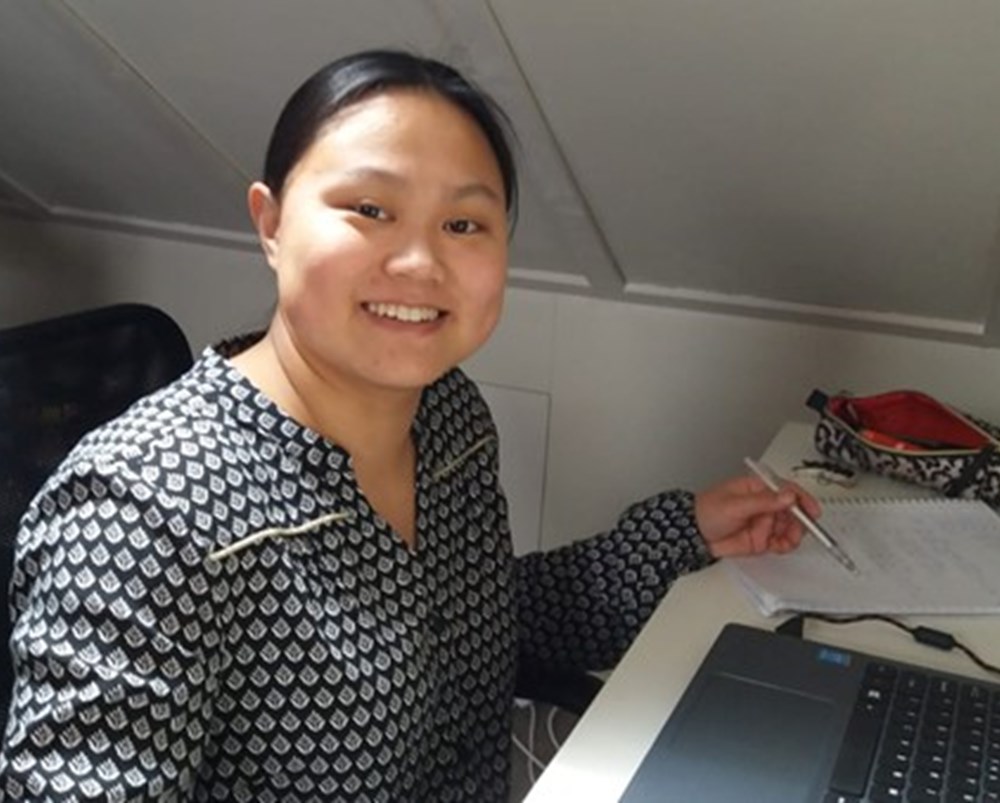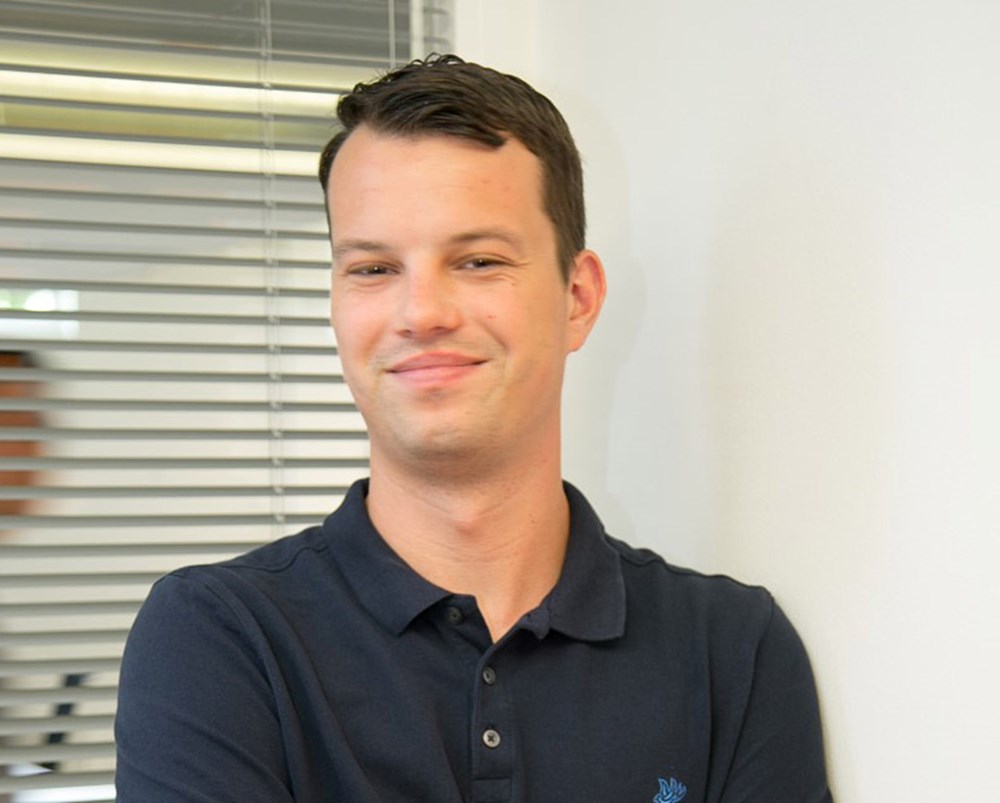Life as a student - Working in the energy sector
A fresh cohort of students is about to graduate from the HAN master track Sustainable Energy. The students delved deep into energy systems theory and executed practical assignments for businesses.
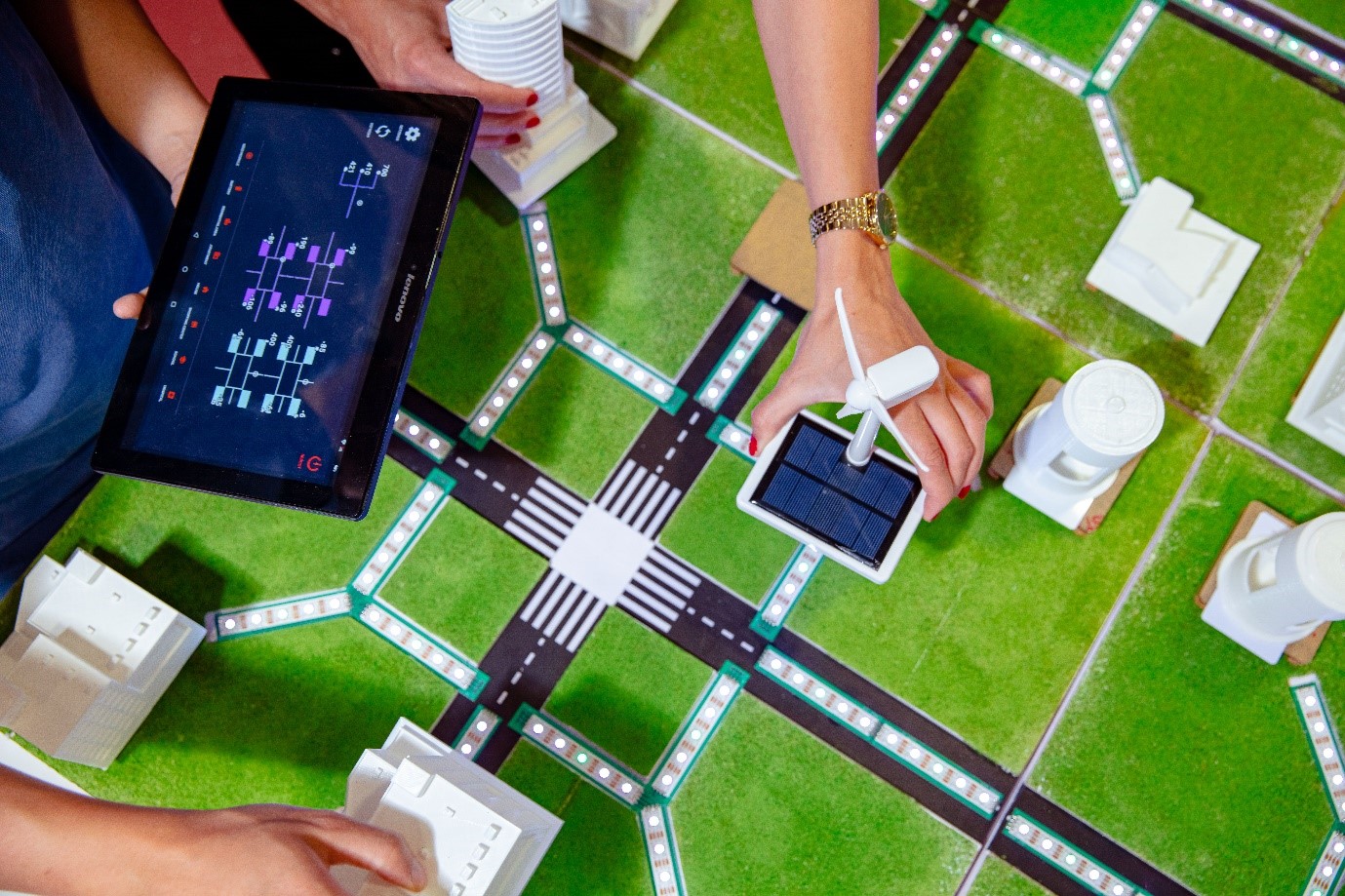
Simulation of an energy network with sustainable-energy components at the HAN University of Applied Sciences
When master student Hrishikesh Dalal was still living in India, he was confronted with the huge energy demand of his country. The state he was living in, had a lot of wind potential, but 'nobody was doing anything with it'. Dalal, certified electronics engineer, decided to study the theme. In a place far removed from his country of birth. "When I think of wind energy, I think of the Netherlands, as this country is leading the way when it comes to wind. That's how I found the HAN."
Dalal is one of nineteen students who started the master track Sustainable Energy in September 2018; this master track is popular with students from diverse technical backgrounds. The common denominator for all of them is the energy transition and their shared desire to contribute to it in a tangible way. A hands-on approach is what makes the programme so appealing; students want to learn and solve problems at master level.
Varying graduation assignments
The combination of theory and practice is in clear evidence in the graduation assignments the students are working on. Dalal is doing research for IJmuiden Ver, a wind farm zone in the North Sea with a planned capacity of approximately 4 Gigawatts. He is studying how hydrogen could be integrated into the existing network in order to increase the share of sustainable energy. Both the technical and economic side of this challenge are included.
All graduation assignments are executed at the behest of businesses and research groups. Another student was working on a project for TEMA Process BV, a design and manufacturing company – specialising in fluid bed systems for drying of minerals, chemicals, food, feed, biomass, etc. – that wanted to reduce its use of natural gas. His research focused on increasing energy sustainability and energy efficiency in the drying process. The Sustainable Electrical Energy Centre of Expertise (SEECE) gave another student the task to find a smart way to connect two energy-neutral neighbourhoods in the northern Netherlands to the electric grid.
Working on a systemic vision
In the run-up to the graduation assignments, the master students really got to grips with energy technology and its integration. "You start off with subjects like applied physics and system modelling. The knowledge I gleaned gave me the building blocks that I needed to understand how, for instance, a wind turbine words", says Dalal. Part of the educational programme was selected by the students themselves: they focused on the data analysis of power supply; on top of the module Energy Systems, which was taken by all master-track students.
Those lessons helped the students gain a compressive vision of energy systems. "I've learned how to think outside my own domain and at a systemic level. All engineering domains can be connected to mathematical equations. I myself am familiar with the domain of mechanical engineering; I have a mechanical engineering background, which can be linked to electrical engineering." "You learn to think in a more integral way", says Floris Visch, another student of the master track Sustainable Energy.
Learning to collaborate at master level
Moreover, Visch learned to collaborate with students who already had a degree in their back pocket, like aviation technology. "We would be assigned a case, would have to write an action plan, write a report and do our calculations. That's basically what you need to do for your graduation assignment, just at a smaller scale. I found that really helpful", says Visch.
Collaborating in an English-language master is highly educational, Visch believes. "I really enjoyed the fact that I was among a small number of Dutch students in our class. Us Dutchies, we are very direct in our communication. We enjoy working together to achieve a goal and our (unspoken) motto is 'Don't chat about it, just do it'. People from India generally don't think that way. The like to form a connection first. When you're having lunch together, the chats shouldn't just be about your studies, for instance."
Networking during your study
The students are a great help to one another. "Apart from the fact that you're creating a network through guest lectures, you're also creating a network with your fellow students. In my group, for instance, the students were working for grid operators like TenneT and Alliander", says master student Standley Alie. These are companies that he is also interested in. "I wouldn't mind working for a grid operator once I'm done with this project. I would like to focus on network integration."
The most valuable contribution was of course made by the HBO and guest lectures in the master track. Students are happy with the teaching approaches, which were completely new to some participants. "It's not a tradition teaching style that would just have you sit down and listen to the professor; there's a lot of discussion, for instance. It's closer to blended learning, with a lot of interaction", says Alie.
New group of energy engineers
A new group of students is currently navigating their way to the end of the master programme. They are currently looking for a graduation assignment. Do you have an interesting assignment for a talented energy engineer? Please send an e-mail to sustainable.energy@han.nl.
Would you like to take the master track? For more information and application options, check out the website of the HAN.
This is a translation. Click here for the original Dutch article

